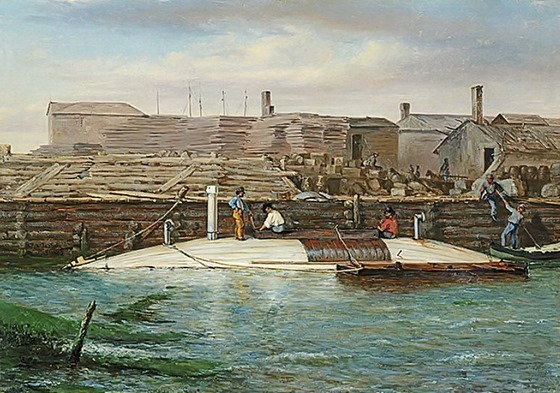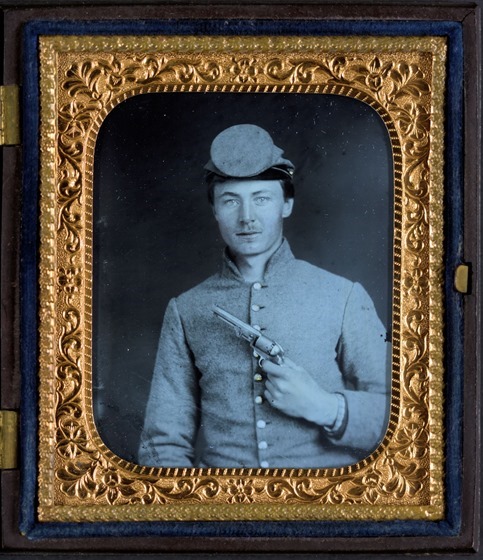October 24, Saturday. General Terry and Colonel Hawley fromMorrisIsland, beforeCharleston, called on me. Both are prejudiced against Dahlgren, and the two are acting in concert. They come from Gillmore and have a mission to perform, which they at once proceeded to execute by denouncing Dahlgren as incompetent, imbecile, and insane. They represent him to be totally unfit for his position, and have many severe censures, some of which I think are unmerited and undeserved. They submit the correspondence between Gillmore and Dahlgren. I am satisfied they are, at least in some respects, in error, and Dahlgren has been feeble from illness. He is proud and very sensitive and the strictures of the press he would feel keenly. Those of his subordinates who belonged to the Du Pont clique do not love him, nor do some of his professional brethren become reconciled to his advancement. His honors, as I anticipated they would, beget disaffection and have brought him many unpleasant responsibilities. His cold, selfish, and ambitious nature has been wounded, but he is neither a fool nor insane as those military gentlemen represent and believe. Both Dahlgren and Gillmore are out of place; they are both intelligent, but they can better acquit themselves as ordnance officers than in active command.
After maturely considering the subject of the proposed purchase of a naval vessel by the Venezuelan Government or the unaccredited Minister, I wrote Mr. Seward my doubts, informed him that the whole responsibility must rest with him, and inclosed a letter to Stribling, stating it was written at the special request of the Secretary of State, which letter he may or may not use.
NAVY DEPARTMENT, 24 October, 1863.
SIR,
I have the honor to acknowledge the receipt of your letter of the 23rd instant, enclosing a translation of a note addressed to you by Mr. Bruzual, in which he speaks of an intention of buying a steamer in this country for the government of Venezuela, of which he is the representative, and in connection with which you ask if I am aware of any objection tot he arming of the steamer in the manner indicated in Mr. Bruzual’s dispatch.
I am not sufficiently informed of the condition of affairs inVenezuelato express an opinion upon the subject of your inquiry. The subject is one of extreme delicacy, and should, and I doubt not will, be duly considered by the Department of State, especially in view of occurrences transpiring abroad affecting our own country.
Herewith, I have the honor to transmit a letter to Comm° Stribling, conformably to the request made in our personal interview last evening. The request of Mr. Bruzual appears to be, under the circumstances, one of extraordinary and unusual character, and such as, had the application been made by that gentleman to this Department, would not have been granted. He is not, it seems, accredited, by reason of the unsettled condition of affairs inVenezuela, and yet it is proposed he shall have extended to him the unusual favor of a public officer in obtaining an armed vessel.
Excuse me for suggesting doubts as to the policy of this step, but they are such that I have declined the responsibility, and placed the letter exclusively on your request, so that you can present or withhold it, as in your judgment, with a full knowledge of the facts and my doubts, may seem best.
Very respectfully,GIDEON WELLES,Secty. of Navy.
HON. WILLIAM H. SEWARD, Secty of State.











